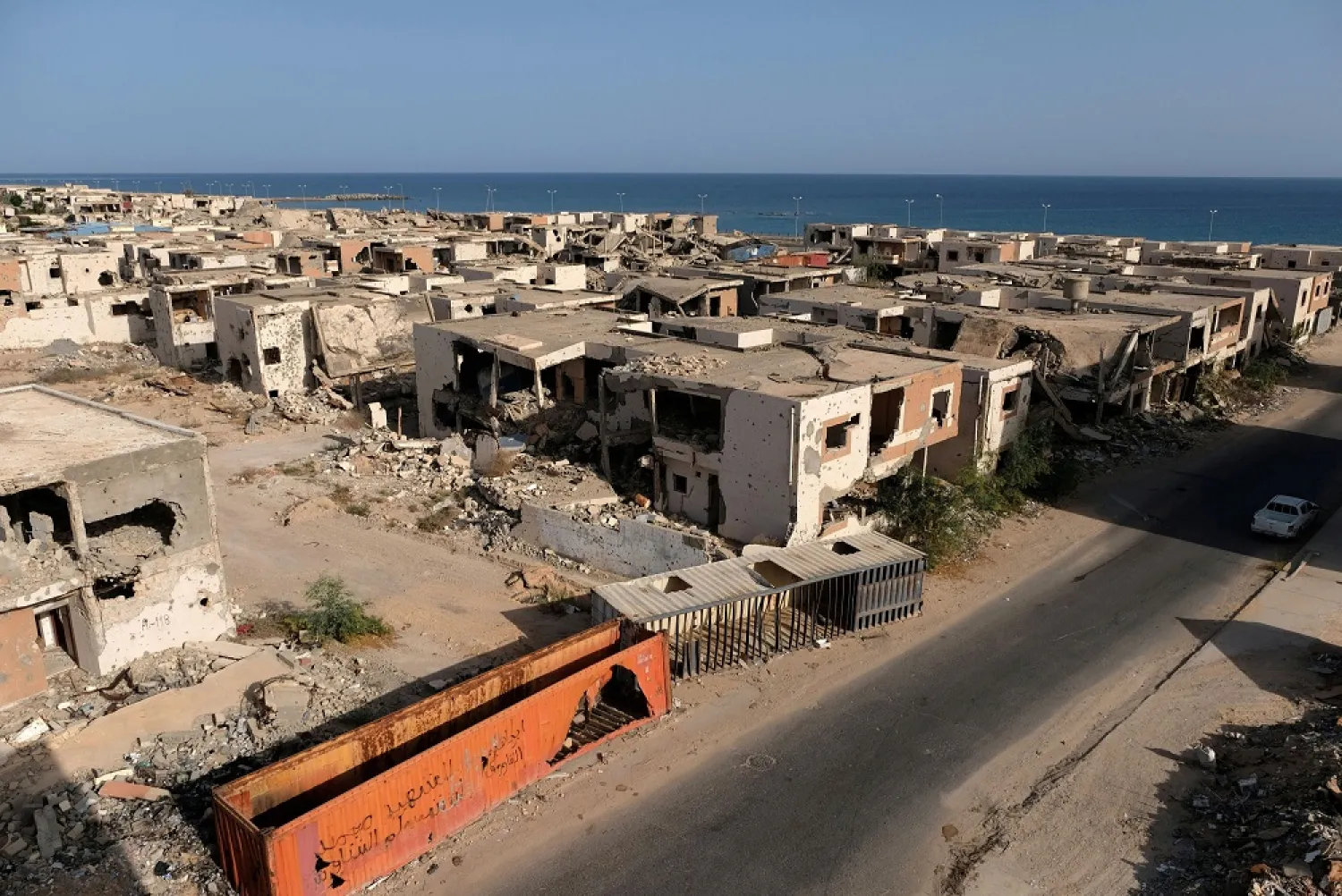Voices of rejection have been mounting among the militias allied with the Libyan Government of National Accord (GNA) over the implementation of the 5+5 military committee’s ceasefire agreement.
The UN-sponsored agreement was reached between the Libyan National Army (LNA) and GNA in October.
Salah Badi, commander of the al-Somoud militias in Misrata, announced his rejection to open the coastal road between western city and the central city of Sirte in line with the agreement.
A spokesman for Badi, who is wanted locally and internationally on war crimes charges, said the militia will not open the road before the LNA pulls out from Sirte and al-Jufra.
In the southern city of Sabha, clashes erupted between the LNA and GNA.
No official statement was issued by either side, but local sources and the media said the fighting broke out suddenly when an LNA unit attempted to seize a headquarters for GNA forces.
Residents of the city, which lies some 800 kilometers southwest of the capital Tripoli, said they heard explosions and confirmed the deployment of forces from both sides in its suburbs.
In the capital Tripoli, Syrian mercenaries, who were flown in by Turkey to fight for the GNA, were seen departing the country.
The fighters were seen at Mitiga airport where they boarded a plane that flew them to the Turkish city of Istanbul.
Local media quoted a source as saying that this was not first such departing flight, revealing that another batch of some 150 to 180 mercenaries had left on Saturday also via the airport.
The LNA confirmed the flights. The GNA has yet to comment on them.
The LNA said it was too soon to determine whether the mercenaries will be flown back to Libya.
Last week, the fighters had openly protested over unpaid wages, in an embarrassment to the GNA.









